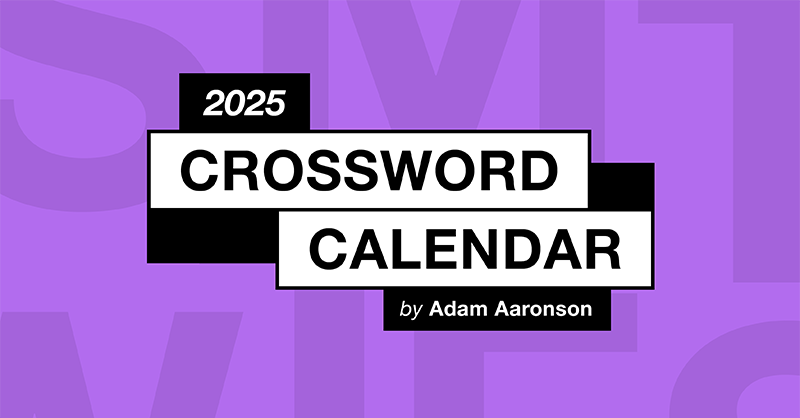
Understanding isn't necessarily Empathy
You might observe the rather tautological phenomenon that some people are more understanding of people in particular circumstances, like homelessness, than others. While this in itself is trivial and obvious, one may consider what causes to this divergence. That is, why is this person able to see what is wrong with the advice “You’re poor? Just be rich idk” but not that person? Why is this person better able to recognize the struggles of minorities they are not included in than that person with similar demographics?
A common explanation for this phenomenon is individual differences in empathy, which typically refers to the ability to understand, acknowledge and even feel the emotions of others. It can also mean the ability to share cognitive states in contrast to purely emotional ones, but the essence remains one of understanding and sharing particular subjective states.
However, the expression “person A is more understanding of someone in a particular situation than B” can be interpreted in multiple ways. This, if left unchecked, can lead to fallacies of ambiguity. One interpretion could be that person A is more understanding of the person in said situation, while another could be that they possess a better understanding of the situation in which the said person is in. If the expression means the former, then such understanding would clearly relate to and be indicative of empathy. To understand the person would mean to really consider their mental states and experiences being subjected to the situation, which is empathy as discussed. On the other hand, if it means the latter, then it might relate more directly to qualities such as open-mindedness, intellectual curiosity and prior knowledge/exposure applied to the situation in consideration. To understand a situation for the purposes of this post is to really consider what it entails practically (e.g., the practical limitations it might pose), why such situtions might exist and how they relate to (or are independent of) prevalent societal structures, et cetera; it is not about understanding and sharing the emotional and cognitive experiences the situation induces.
Leave a Comment
Related Posts

Bill Gates paid $30.8 million for this book 25 years ago—here's why it still inspires him today
Comment




















.png?sfvrsn=79cb2b3b_5)
.png?sfvrsn=2f011ea5_5)
